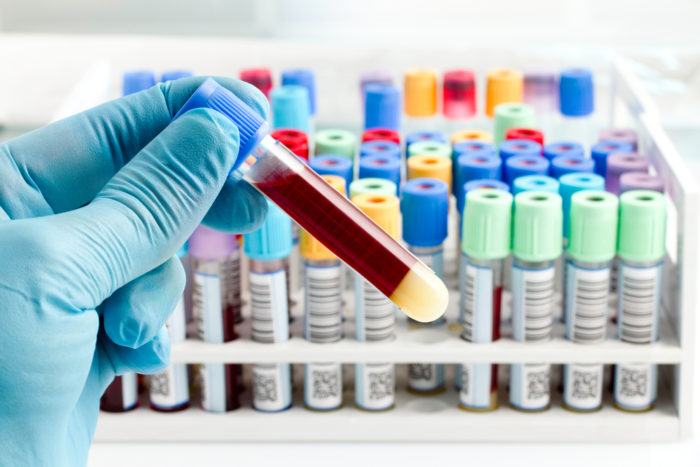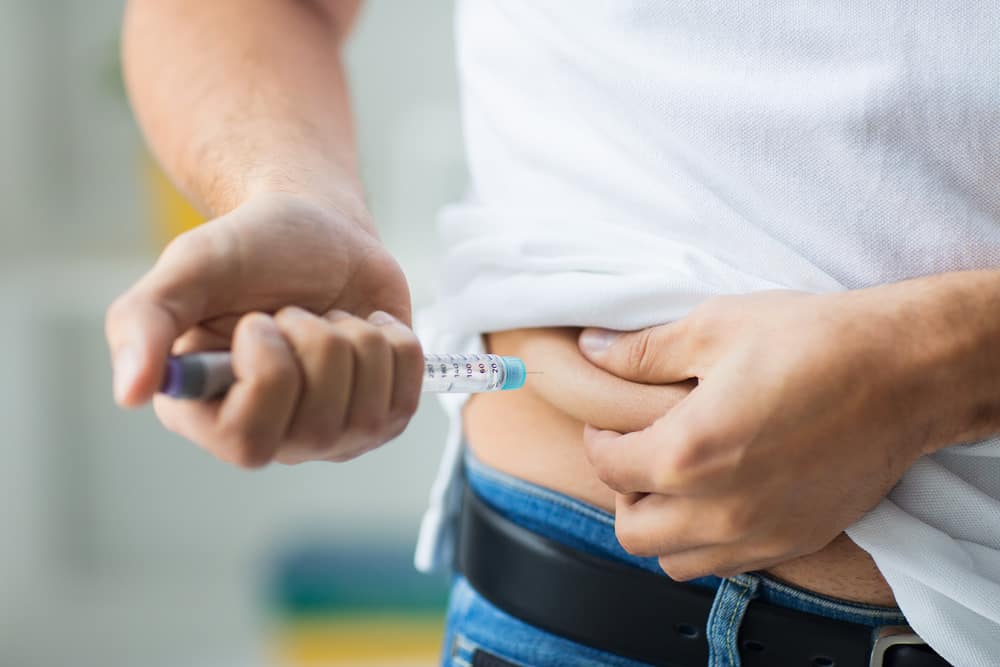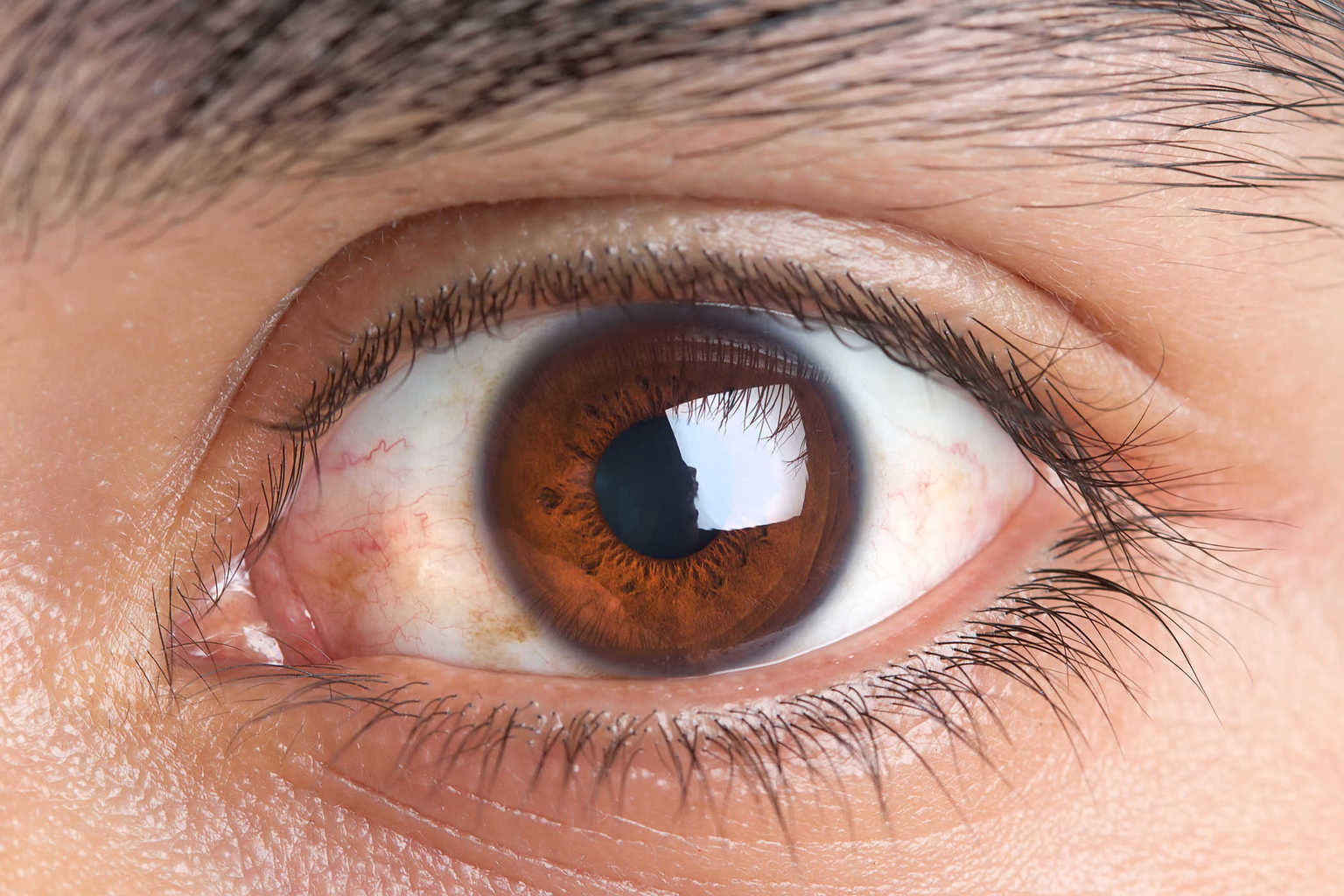Contents:
- Medical Video: Prostate Cancer Treatment | Cancer Research UK
- Hormone therapy is not the only treatment for prostate cancer
- Why is hormone therapy for prostate cancer not always successful?
- Glutamine levels increase when cancer cells begin to resist
Medical Video: Prostate Cancer Treatment | Cancer Research UK
Hormone therapy is a type of prostate cancer treatment. However, the study found evidence that in some cases, this one therapy did not always produce positive results. In fact, there is evidence to suggest that patients given hormone therapy actually experience faster cancer cell growth and even spread to other body parts. How did it happen?
Hormone therapy is not the only treatment for prostate cancer
Hormone therapy or also called androgen deprivation therapy is a type of prostate cancer treatment that aims to reduce androgen levels (male hormones) in the body. Because, androgen stimulates prostate cancer cells to grow and develop. The main androgens in the body are testosterone and dihydrotestosterone (DHT).
By lowering androgen levels through hormone therapy, chances are that the prostate cancer that is owned has shrunk or grown more slowly for a while. But usually, this therapy is not the only treatment but needs to be accompanied by other treatments to get effective results.
Why is hormone therapy for prostate cancer not always successful?
Hormone therapy is one of the most reliable prostate cancer treatments to date. Unfortunately, research shows that hormone therapy for prostate cancer doesn't always work. In fact, experts say hormone therapy can make the tumor become immune, aggressive, and spread faster to other parts of the body.
Experts at Cedars-Sinai Medical Center, Los Angeles, said in some patients, cancer cells could become immune to hormone therapy that targets androgens. Instead of being lost, cancer cells actually become resistant and spread to other body parts.
Based on the results of the study, in some cases this hormone therapy can cause adenocarcinoma cells (early stage prostate cancer) to turn into neuroendocrine cancer cells. Neuroendocrine cancer cells are rare types of prostate cancer cells that usually appear in less than one percent of cases.
Neil Bhowmick, PhD., Vice chairman of the Cancer Biology Program at Cedars-Sinai stated that this change in cancer cells eventually became the main problem. Because the cancer cells that turn into neuroendocrine become very aggressive, more easily spread, and more resistant to treatment, including hormone therapy that targets androgens and also chemotherapy.
Based on the results of the study, Bhowmick stated that about a quarter of patients with this hormone therapy actually experienced a relapse after being declared cured. That is, prostate cancer cells reappear and actually experience changes in cancer cells from not too dangerous to become rare and quite dangerous.
Glutamine levels increase when cancer cells begin to resist
The experts also observed that the change in cancer cells from adenocarcinoma to neuroendocrine was accompanied by an increase in glutamine. Glutamine is an amino acid known to accelerate cancer growth.
Glutamine is a compound produced in stromal cells which is then genetically modified and becomes an "energy source" for cancer cells to continue to develop. Research also shows glutamine to be one of the compounds that convert adenocarcinoma cells into neuroendocrine cells.
So from the evidence found, the researchers also concluded that men who had prostate cancer and cancer cells were resistant to treatment had higher levels of glutamine compared to those whose cancer cells still responded to treatment.
Therefore, this study is also the basis for experts to develop a simple blood test method in prostate cancer patients. The point is to measure glutamine levels in the blood. This glutamine level test will be expected to see when hormone therapy that targets this androgen fails and predicts when resistance to hormone therapy will occur.















